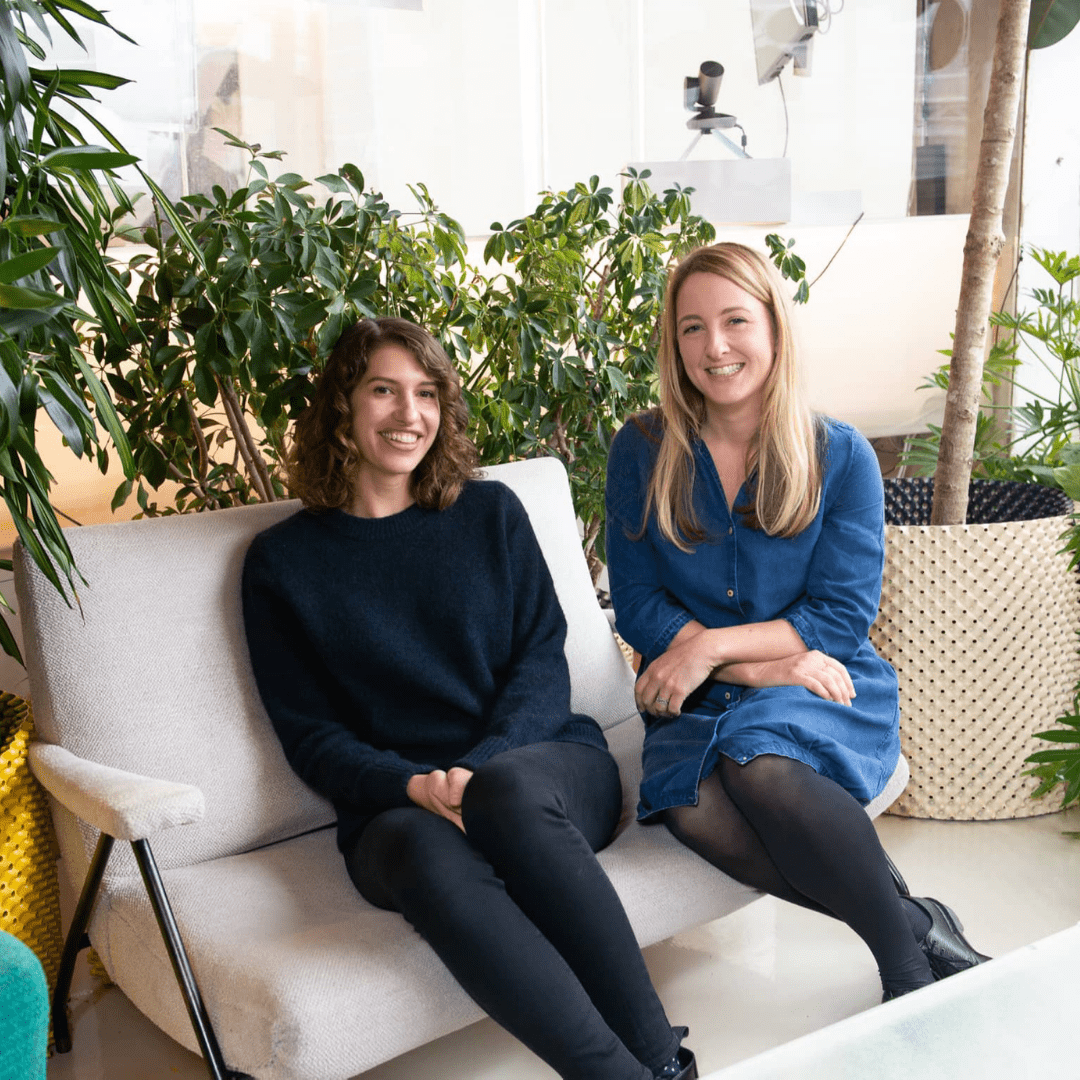
Kirsty and I started Druthers five years ago with the mission to increase diversity in the tech industry. We were both very discouraged by the lack of diversity and obvious inequity in what is arguably the most influential and future-defining industry there is. As women working within tech recruitment, we could empathise all too well.
At that time, there weren’t any recruitment companies focused on diversity in tech; the market view was that there was a pipeline problem, and that was the end of that.
But we knew that change had to happen.
Coming from agency backgrounds, we’d witnessed first hand not only unconscious bias but also, too often, outright discrimination. “This candidate has too many gaps in her CV,” “we don’t want candidates with accents,” and “her salary is too low, she’s probably crap” were all shocking comments I heard on an average day.
We realised that companies were not seeing the true diversity that the market could actually offer, as their agencies were discriminating on their behalf, in the mistaken belief that they were filtering out candidates the client wouldn’t want to see.
Tackling the issues ingrained in recruitment is a great way to make a difference from the very root of the problem.
Kirsty and I would always talk about how strange it was that we tended to place a much more diverse range of candidates than other recruiters and decided to put our heads together, figure out how and why, and scale our approach.
We realised it wasn’t just about moving the same candidates from one company to another, but that we had to help more organisations identify the barriers to hiring candidates from underrepresented backgrounds, run fairer recruitment processes, and be more open-minded about what good looks like and how best to assess for that, rather than just doing what had always been done.
Because if you do what you’ve always done, you’ll only come out with what you’ve always had; and that’s not what we wanted.
We don’t operate in a tokenistic way, and we don’t discriminate against straight white cis men. Instead, we guarantee a gender-balanced and generally diverse shortlist for every search we undertake, and that approach pays dividends.

The best candidate will always get the job, the process is equitable and fair for all involved, and the company will have gained incredible talent to which they would otherwise not have access.
When we started Druthers, the conversation about Diversity, Equality and Inclusivity (DE&I) wasn’t where it is now. It was mainly about gender and was often more of a box-ticking exercise. Now, with more workforces educated on bias, privilege and intersectionality, and Black Lives Matter (BLM) bringing the often more challenging conversation about race to the forefront, there seems to be more of an appetite for action; it’s more than just paying lip service. People are finally catching up.
In half a decade, we’ve worked with companies including Coca Cola, Amazon, Monzo and the Royal Bank of Scotland to help them to diversify their recruitment processes and find the best person for the job in question, regardless of background, gender, ethnicity or disability.
But there’s always more to be done.
The tech industry is growing with each year that passes – almost three times as fast, in fact, than the rest of the UK economy. However, diversity within the sector is disproportionate to this success. According to Diversity in Tech, only 15% of the tech workforce are from black, asisan and minority ethnic backgrounds. Furthermore, gender diversity in tech remains at 19%, compared to 49% for all other jobs.
The latest Computer Weekly/TechTarget IT salary survey shows that 67% of IT workers said their firms were working on gender diversity; but only 29% said their company had a plan in place. In 2019, Black people made up only three per cent of the UK tech workforce.
We are so encouraged by the renewed focus and investment into DE&I in the tech industry and excited for a future where, with the right action, company boards and leadership starts to become more truly representative of our population, leading to both more equity and more innovation.





